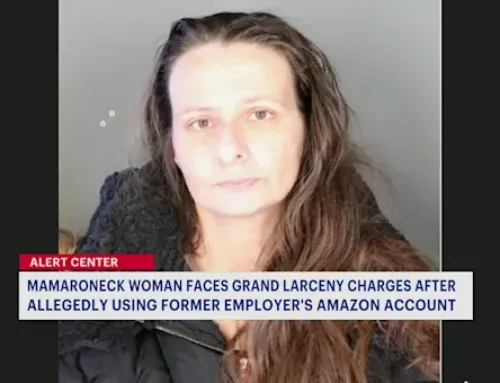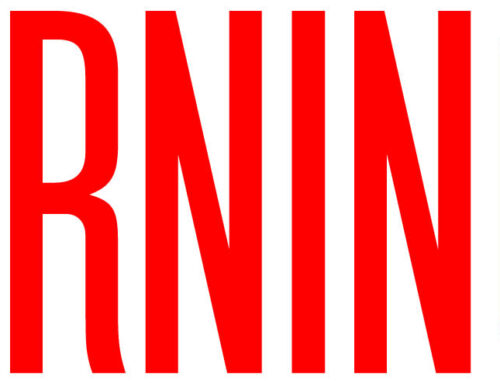HUB24 Limited (ASX:HUB) surges 4.2%; individual investors who own 48% shares profited alon
May 11, 2025
-
HUB24’s significant individual investors ownership suggests that the key decisions are influenced by shareholders from the larger public
-
The top 25 shareholders own 49% of the company
Our free stock report includes 1 warning sign investors should be aware of before investing in HUB24. Read for free now.
If you want to know who really controls HUB24 Limited (ASX:HUB), then you’ll have to look at the makeup of its share registry. We can see that individual investors own the lion’s share in the company with 48% ownership. In other words, the group stands to gain the most (or lose the most) from their investment into the company.
While individual investors were the group that benefitted the most from last week’s AU$259m market cap gain, institutions too had a 42% share in those profits.
In the chart below, we zoom in on the different ownership groups of HUB24.
See our latest analysis for HUB24
Institutional investors commonly compare their own returns to the returns of a commonly followed index. So they generally do consider buying larger companies that are included in the relevant benchmark index.
HUB24 already has institutions on the share registry. Indeed, they own a respectable stake in the company. This can indicate that the company has a certain degree of credibility in the investment community. However, it is best to be wary of relying on the supposed validation that comes with institutional investors. They too, get it wrong sometimes. When multiple institutions own a stock, there’s always a risk that they are in a ‘crowded trade’. When such a trade goes wrong, multiple parties may compete to sell stock fast. This risk is higher in a company without a history of growth. You can see HUB24’s historic earnings and revenue below, but keep in mind there’s always more to the story.
Hedge funds don’t have many shares in HUB24. Looking at our data, we can see that the largest shareholder is Hyperion Asset Management Limited with 11% of shares outstanding. For context, the second largest shareholder holds about 6.5% of the shares outstanding, followed by an ownership of 5.2% by the third-largest shareholder. In addition, we found that Andrew Alcock, the CEO has 1.1% of the shares allocated to their name.
On studying our ownership data, we found that 25 of the top shareholders collectively own less than 50% of the share register, implying that no single individual has a majority interest.
While studying institutional ownership for a company can add value to your research, it is also a good practice to research analyst recommendations to get a deeper understand of a stock’s expected performance. There are a reasonable number of analysts covering the stock, so it might be useful to find out their aggregate view on the future.
The definition of company insiders can be subjective and does vary between jurisdictions. Our data reflects individual insiders, capturing board members at the very least. Company management run the business, but the CEO will answer to the board, even if he or she is a member of it.
Most consider insider ownership a positive because it can indicate the board is well aligned with other shareholders. However, on some occasions too much power is concentrated within this group.
Our most recent data indicates that insiders own some shares in HUB24 Limited. This is a big company, so it is good to see this level of alignment. Insiders own AU$261m worth of shares (at current prices). It is good to see this level of investment by insiders. You can check here to see if those insiders have been buying recently.
The general public, who are usually individual investors, hold a 48% stake in HUB24. While this group can’t necessarily call the shots, it can certainly have a real influence on how the company is run.
Private equity firms hold a 5.2% stake in HUB24. This suggests they can be influential in key policy decisions. Sometimes we see private equity stick around for the long term, but generally speaking they have a shorter investment horizon and — as the name suggests — don’t invest in public companies much. After some time they may look to sell and redeploy capital elsewhere.
I find it very interesting to look at who exactly owns a company. But to truly gain insight, we need to consider other information, too. Consider for instance, the ever-present spectre of investment risk. We’ve identified 1 warning sign with HUB24 , and understanding them should be part of your investment process.
Ultimately the future is most important. You can access this free report on analyst forecasts for the company.
NB: Figures in this article are calculated using data from the last twelve months, which refer to the 12-month period ending on the last date of the month the financial statement is dated. This may not be consistent with full year annual report figures.
Have feedback on this article? Concerned about the content? Get in touch with us directly. Alternatively, email editorial-team (at) simplywallst.com.
This article by Simply Wall St is general in nature. We provide commentary based on historical data and analyst forecasts only using an unbiased methodology and our articles are not intended to be financial advice. It does not constitute a recommendation to buy or sell any stock, and does not take account of your objectives, or your financial situation. We aim to bring you long-term focused analysis driven by fundamental data. Note that our analysis may not factor in the latest price-sensitive company announcements or qualitative material. Simply Wall St has no position in any stocks mentioned.
Terms and Privacy Policy
Search
RECENT PRESS RELEASES
Related Post




